Language Learning
Bowdoin’s foreign language courses teach empathy, curiosity and humility
October 20, 2017
Chair of the Russian Department Alyssa Gillespie spends much of her time in the basement of Sills Hall. Thin rays of natural light peek through the bottoms of windows, illuminating her office and its many Russian knick-knacks. The walls are lined with hundreds of books in Russian, reaching from the ceiling all the way down to a cozy rug on the floor. Gillespie is proud of her decor, which channels the spirit of the 1970s and 1980s Russian intelligentsia.
One floor above sits Birgit Tautz, professor of German and the George Taylor Files professor of modern languages. Tautz’s room is adorned with photos of Germany, posters of events sponsored by the German department and books, from novels by Kafka to textbooks for elementary German classes.
Both offices are homey and inviting. They give visitors the impression of having stepped out of New England and into another continent, culture and decade, not unlike foreign language courses which allow students to experience multicultural diversity first-hand.
“It’s only if you have the language that gives you the access to the literature and the other art forms—theater, film, songs, people, conversations and real life experiences , [then] you can actually live it,” said Gillespie.
Tautz, who is German and grew up in Dresden, hopes to teach students about her culture.
“Language learning should be a process that integrates culture, literature, cultural objects, foreign discourses…from the very beginning,” she said.
Through this interdisciplinary approach, language classes can embody the best of the Offer of the College.
“[Language learning] makes us appreciate different positions that people may have. And in different cultures, it makes us appreciate different perspectives on shared topics,” said Tautz. “It really is key if you want to go back to the Offer of the College—‘To be at home in all lands’ and ‘hold the keys to knowledge.’”
She further expressed that multilingual students gain access to diverse academic perspectives.
“I’m fascinated by different ways of acquiring knowledge and presenting knowledge, and [therefore by] different linguistic traditions,” said Tautz.
“Being able to learn these languages and interact with people of different cultures has really just prompted me to think more critically about the world and why I do things the way I do,” said Chris Hernandez-Turcios ’18, who speaks five languages. “It’s given me an outlet to read the news in different languages.”
Currently a Teaching Assistant for Elementary Italian and Accelerated Elementary Spanish, Cesar Varela ’18 hopes to someday teach language professionally. As a Romance languages and literatures major, he speaks Spanish and Italian and over the past few years has been teaching himself Basque, Catalan and Arabic.
“[Language] eliminates stereotypes and biases because you become more aware of your surroundings and are less judgmental and open to new things,” he said.
Beyond providing international and multicultural knowledge, the practice of language learning enables students to begin to understand life as a foreigner.
“I think trying to put together a sentence in a foreign language is a great way to find out what it would be like to be someone else. It’s hard to do that, especially if you’re coming from a privileged position,” said Robert Morrison, the George Lincoln Skolfield, Jr. professor of religion who coordinates the Arabic Program.
“You feel like you’re five years old, it’s tough, it can be embarrassing, but that’s what it’s like for a lot of other people,” he added. “It’s not exactly the same, but you feel that sense of discomfort, which can give you a sense of what it would be like to be different.”
The increased understanding of and respect for another’s position can be humbling as well.
“I do think acquiring a foreign language brings us back to a point of humility and contemplation,” said Tautz. “It instantaneously allows us to respect a position of being marginalized. Because when we start a language, we are not the center of the debate.”
Studying abroad can highlight the truth of this observation for Bowdoin students.
“When I was in Italy, I had already taken two semesters of Italian. So I was barely at the conversational level, but I was able to understand a lot,” said Varela. “And I feel like that really helped communication, not only getting around the city but also establishing connections with people.”
While language is a platform for establishing connections with others, for some, it can also be a way to better understanding oneself. Gillespie lived in Russia for 3 years, during a period in which the country was struggling economically.
“In some ways, I really grew up there,” Gillespie said. “I stood in long lines for food every single day for hours … it was a very interesting way to grow up, but in that sense I shared the cultural experience of all the Russians at that time,” she said.
“I remember so clearly my first day ever in Russian class. We learned how to say ‘Hello’ and ‘My name is’ in Russian and it was like this moment of epiphany for me. It was like something about the way those words felt and sounded was like I just found out who I am,” said Gillespie.
Though from New Mexico and a native English speaker, she identifies as bicultural—partially American and partially Russian. While not every student will immediately connect to a new language, many foreign language professors hope that their students appreciate other cultures and perhaps begin to see themselves through this new perspective.
“In different languages, different words exist to describe things that aren’t…found in native languages. With different languages, you develop different identities or personalities because you’re able to express yourself differently in those languages,” said Varela. “You might realize, ‘Oh my gosh I can relate to using a certain word in Italian that isn’t used in Spanish or English, or vice versa.’”
In this sense, languages become intimate expressions of identity, enabling students to feel at home even when speaking in another tongue.
“It’s always Russian—that’s the language that I gravitate towards to express the most intense feelings and the most intimate emotions,” said Gillespie.
Yet, the strong connection to a foreign language can sometimes be isolating or make it difficult to connect with those who do not speak the acquired language.
Gillespie calls it a “linguistic and cultural insiderhood [and] outsiderhood.”
“I feel culturally split all the time,” she said.
However, bringing these two worlds together is not impossible. Every day, Gillespie tries to introduce her students—and even her family—to Russian culture.
“The way that I kind of mend that breach and always have—and it’s really life-sustaining for me and energizing—is through my teaching. Because through teaching I am able to bring students into that space,” said Gillespie.
She cultivates multicultural spaces in her warm office and around her dinner table, serving Russian food to her children and her students, who she described as her “spiritual children.”
Through language, Gillespie embodies Russian culture, and students can inhabit this cultural space as well.
“If you go to Moscow and you need to just ask directions and figure out where you’re going – you could maybe use Google Translate or something for that,” she said. “But it’s an entirely different relationship to language and culture when we actually immerse ourselves in the language and the culture and live in it and live with it and let it live in us and change us.”
Tautz feels that this meaningful relationship to language comes about when languages are used in capacities beyond just tools to explore other disciplines.
“Languages are a crucial element to explore other areas. They are inevitable and necessary in order to explore other areas fully. But they are both important to learn for other means and in and of themselves,” said Tautz.
“To me, the humanities is about being human,” said Gillespie. “When you have access to a different language and culture, it opens up these vistas of your own humanity, not to mention other people’s humanity. It opens up a culture that might seem completely inscrutable and incomprehensible that you couldn’t access in any other way.”

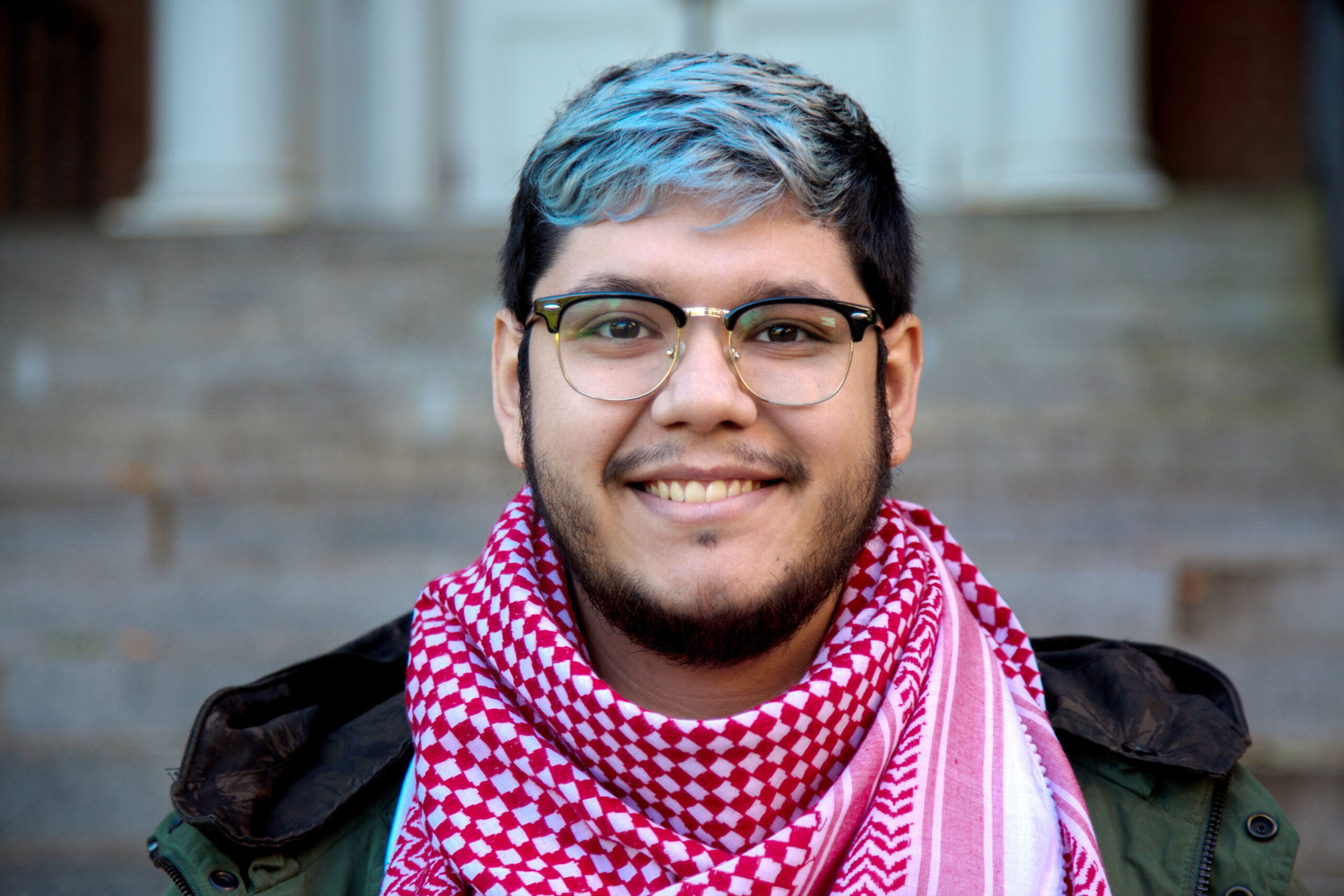
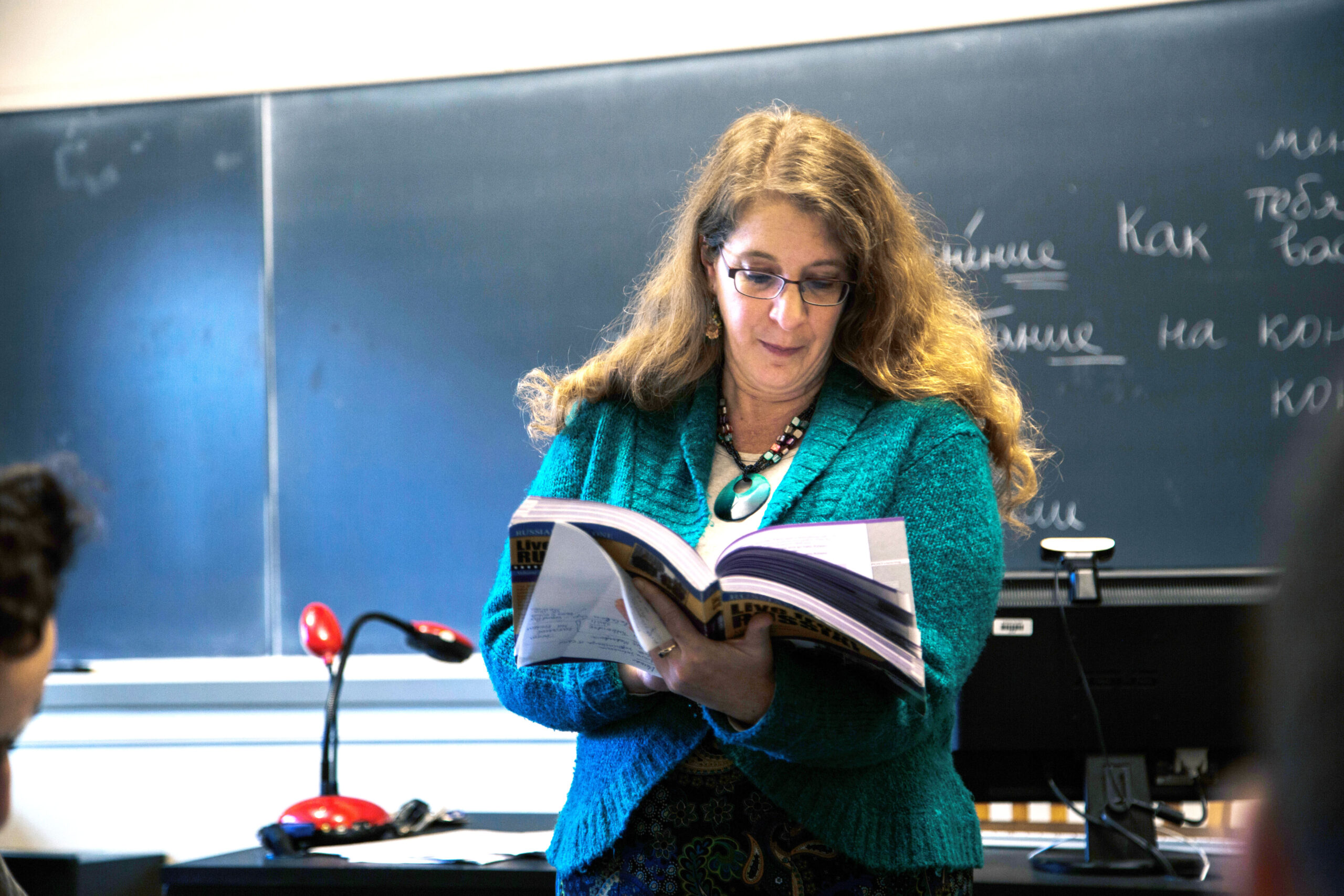
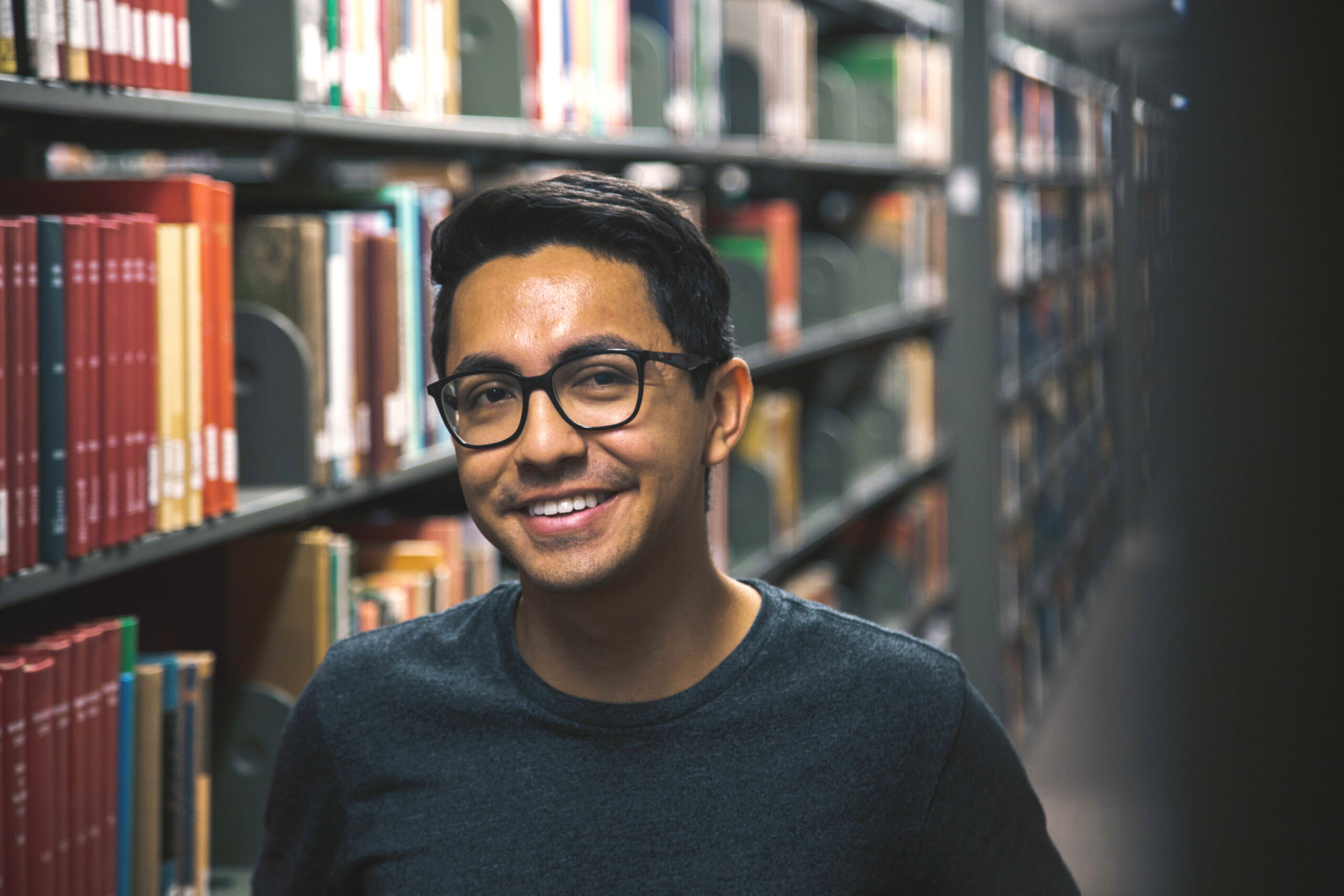
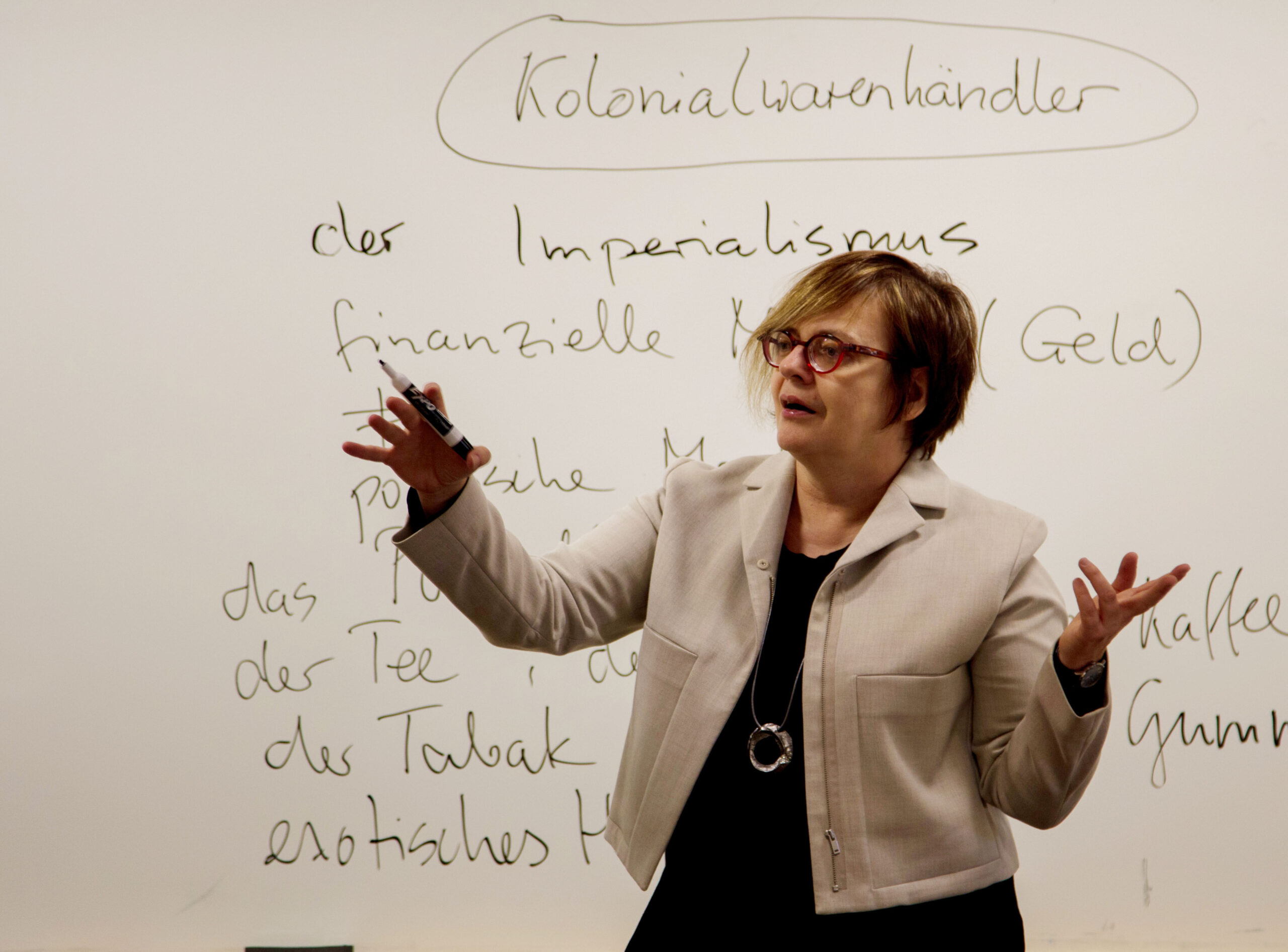
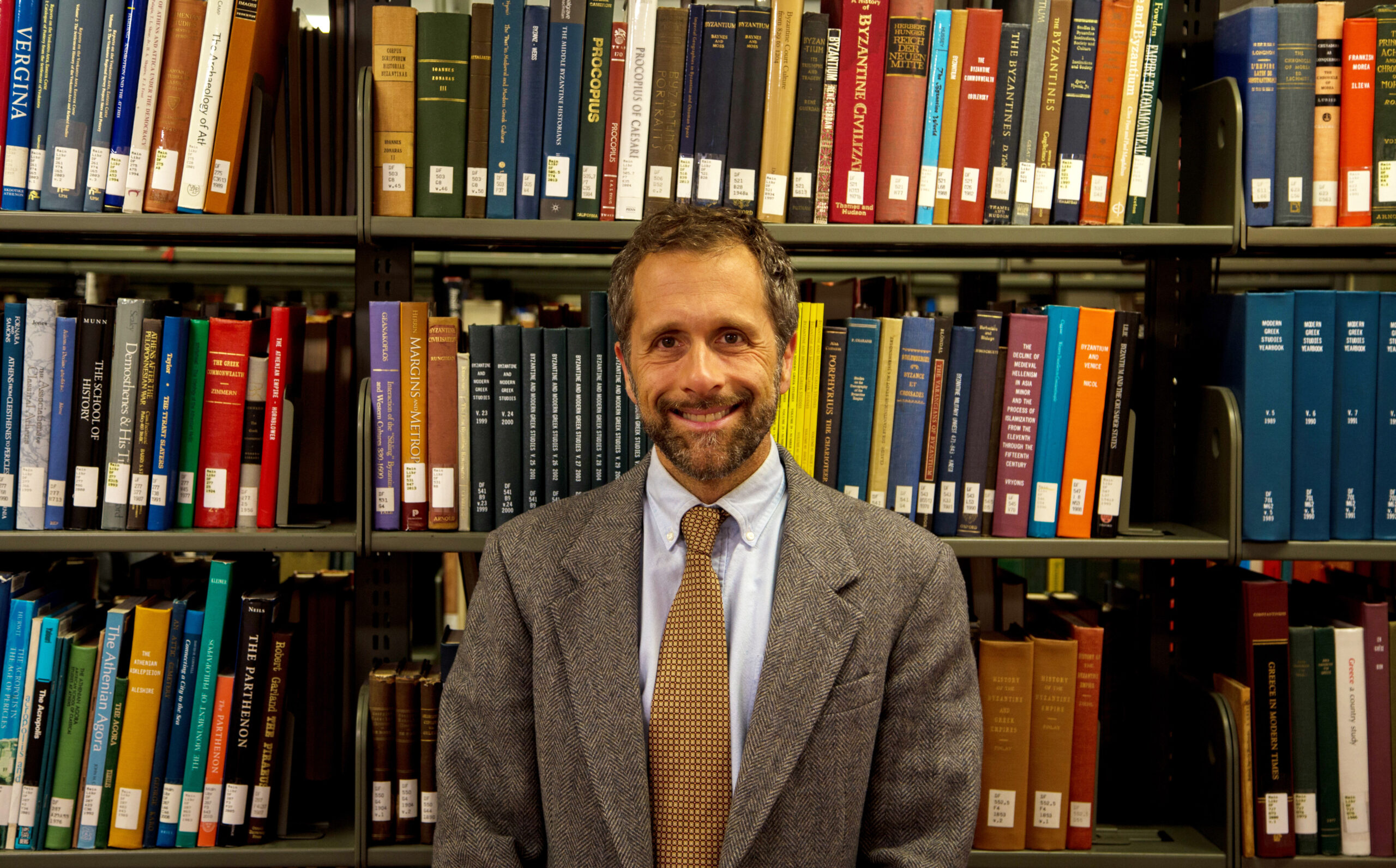
Comments
Before submitting a comment, please review our comment policy. Some key points from the policy: